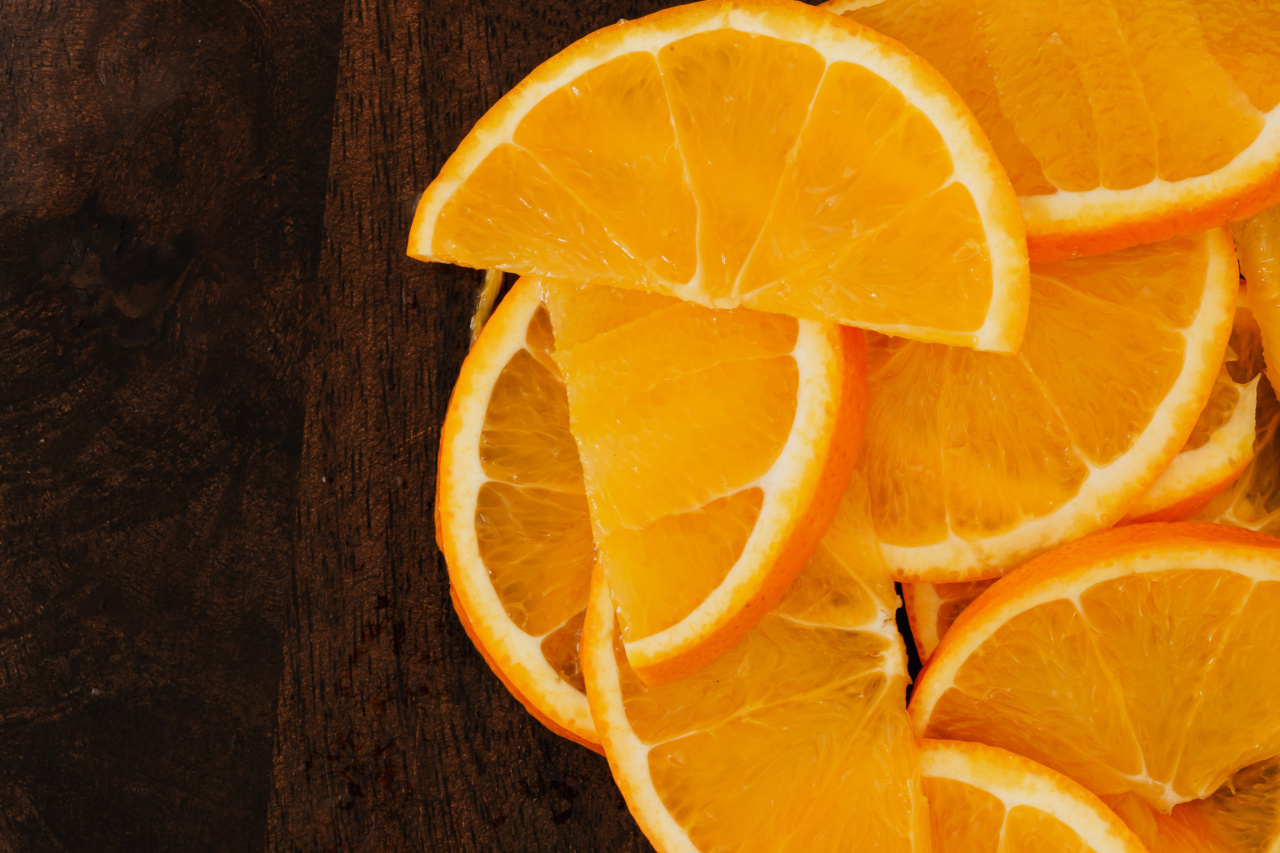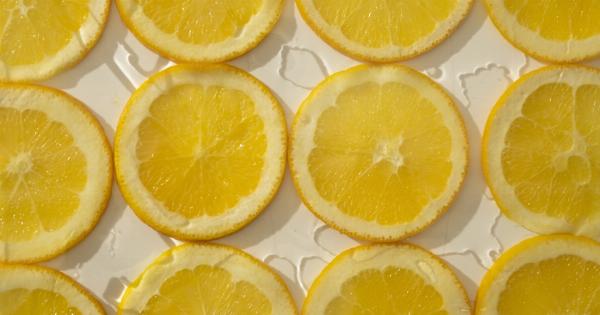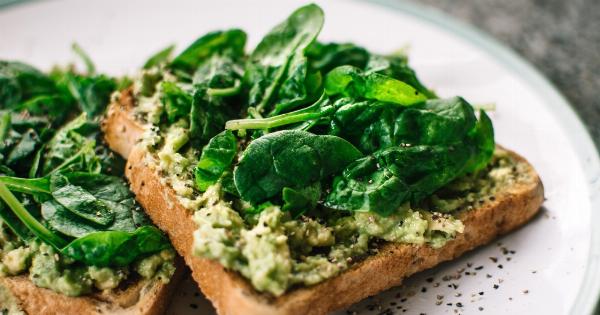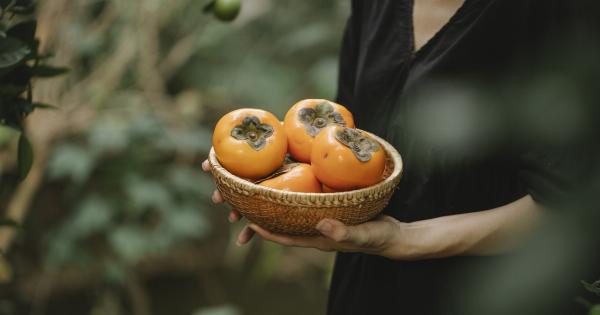Antioxidants are compounds found in food and drinks that protect our cells from damage caused by free radicals.
Free radicals are unstable molecules that can damage cells and contribute to the development of chronic diseases including cancer, cardiovascular disease, and age-related disorders.
What are Antioxidants?
Antioxidants are substances that inhibit oxidation. Oxidation is a chemical reaction that occurs when oxygen interacts with other substances, producing free radicals.
Free radicals are unstable molecules with an unpaired electron that can damage cells in our body. Antioxidants protect our cells by neutralizing free radicals, preventing them from causing damage.
There are several types of antioxidants, including vitamins A, C, and E, minerals such as selenium and zinc, and plant compounds such as flavonoids and carotenoids.
Each antioxidant works differently in our body, but they are all essential for good health.
Antioxidants in Food and Drinks
We get antioxidants from the food and drinks we consume every day. Fruits, vegetables, whole grains, nuts, and seeds are all rich sources of antioxidants. Different types of fruits and vegetables have different types and amounts of antioxidants.
Berries are one of the richest sources of antioxidants. Blueberries, raspberries, and strawberries contain high levels of anthocyanins, a type of flavonoid that gives them their bright colors.
Anthocyanins have been shown to reduce the risk of heart disease, improve cognitive function, and protect against cancer.
Green leafy vegetables like spinach and kale are also rich in antioxidants such as lutein and zeaxanthin. These antioxidants are essential for eye health and may reduce the risk of macular degeneration, a common eye disease that affects older adults.
Nuts and seeds, like almonds, walnuts, and chia seeds, are also good sources of antioxidants.
These include vitamin E, which helps protect our cells from oxidative damage, and polyphenols, which have been shown to reduce inflammation and improve heart health.
Tea and coffee are also rich in antioxidants. Tea contains flavonoids, while coffee contains chlorogenic acid and polyphenols. Both have been shown to reduce the risk of chronic diseases such as heart disease, diabetes, and certain types of cancer.
The Benefits of Antioxidants
Antioxidants have numerous health benefits. They protect our cells from damage caused by free radicals, reducing the risk of chronic diseases such as cancer, heart disease, and Alzheimer’s disease.
They also have anti-inflammatory effects, reducing the risk of chronic inflammation, which is thought to play a role in many chronic diseases.
Antioxidants may also protect against age-related damage. As we age, our cells become more susceptible to damage caused by free radicals.
Antioxidants can help protect our cells from this damage, reducing the risk of age-related diseases such as dementia and Parkinson’s disease.
Other potential benefits of antioxidants include improved cognitive function, reduced risk of depression, and improved skin health.
How to Get More Antioxidants in Your Diet
Most people do not consume enough antioxidants in their diet. To increase your intake, focus on consuming a wide variety of fruits, vegetables, whole grains, nuts, and seeds. Aim for at least five servings of fruits and vegetables a day.
Choose colorful fruits and vegetables to get a variety of antioxidants. Berries, leafy greens, tomatoes, and sweet potatoes are all excellent choices. Nuts and seeds make great snacks and are also good sources of antioxidants.
Incorporate tea and coffee into your diet to get additional antioxidants. Green tea and black tea are both good sources of flavonoids, while coffee is rich in chlorogenic acid and polyphenols.
Limit your intake of processed foods and foods high in saturated fat and sugar. These foods can reduce your body’s ability to absorb nutrients, including antioxidants.
Conclusion
Antioxidants are essential for good health. They protect our cells from damage caused by free radicals and reduce the risk of chronic diseases such as cancer, heart disease, and Alzheimer’s disease. Getting more antioxidants in our diet is easy.
Focus on consuming a variety of fruits, vegetables, whole grains, nuts, and seeds and limit your intake of processed foods.






























